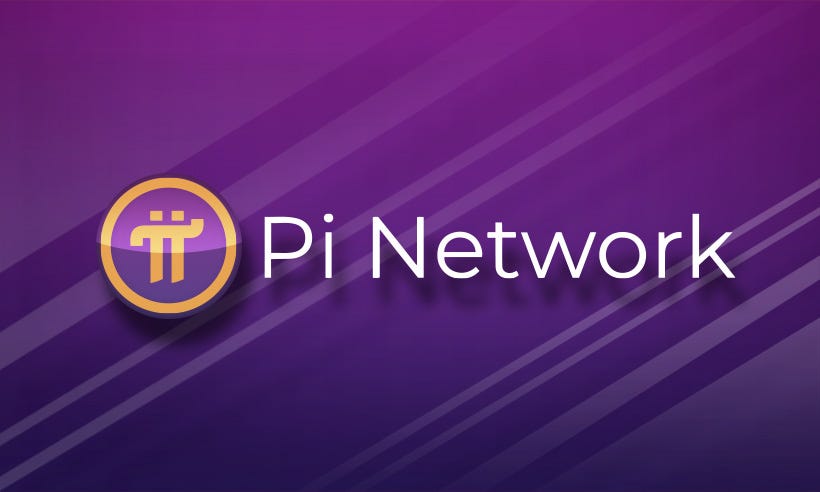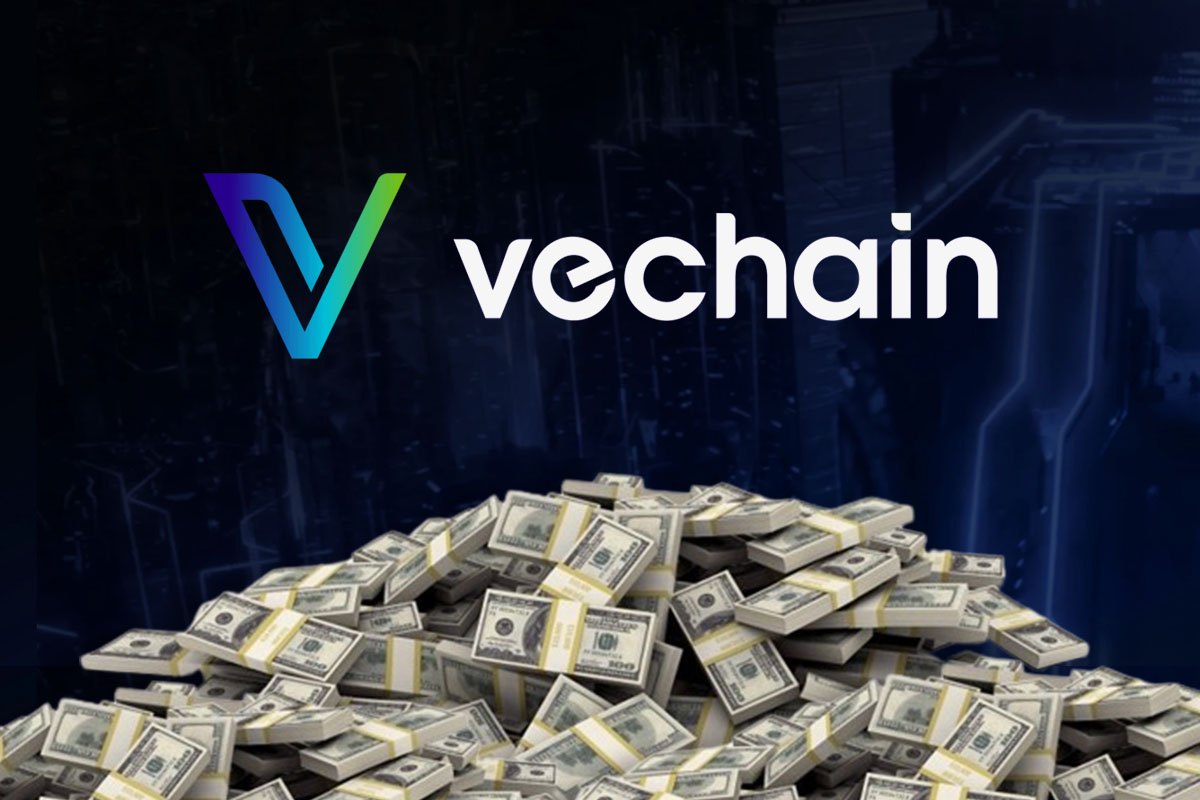|
Getting your Trinity Audio player ready...
|
Pi Network, a mobile-first cryptocurrency project, aims to democratize crypto access by enabling users to mine Pi tokens directly from their smartphones. By simplifying the mining process and eliminating the need for high-powered hardware, Pi Network has attracted millions of users.
The Importance of KYC Verification
To ensure security and compliance, Pi Network has implemented a Know Your Customer (KYC) verification process. All users are required to complete KYC verification by November 30, 2024, to secure their Pi tokens and participate fully in the Mainnet phase.
One month left to secure your Pi reminder — Complete first Grace Period deadline by submitting your KYC application by November 30, 2024! https://t.co/VMD4Yu1ES7 pic.twitter.com/3eGTcdIHn8
— Pi Network (@PiCoreTeam) October 31, 2024
Transitioning to the Open Mainnet
Pi Network is currently in the enclosed Mainnet phase, where token transactions are limited within the Pi ecosystem. However, the upcoming open Mainnet will allow users to trade Pi tokens on external exchanges, including both centralized exchanges (CEX) and decentralized exchanges (DEX).
Also Read: Pi Network’s IoU Token Holds Steady Amidst Pi Fest and Mainnet Anticipation
Trading Pi Tokens Post-Mainnet
Once the open Mainnet launches, Pi token holders will have the opportunity to sell their tokens on various platforms:
- Centralized Exchanges (CEX): Platforms like CoinDCX will allow users to deposit and trade Pi tokens.
- Decentralized Exchanges (DEX): Users can trade Pi tokens directly with other users on platforms like Uniswap or PancakeSwap.
- Peer-to-Peer Trading: Users can sell Pi tokens directly to other individuals, but this method carries higher risks.
Caution Against Scams and Speculative Platforms
It’s crucial to exercise caution and avoid speculative platforms claiming to offer Pi token trading before the official Mainnet launch. To stay updated on the latest information and avoid scams, users should rely on official announcements from Pi Network.
As Pi Network moves closer to its open Mainnet phase, the importance of KYC verification and understanding the trading options becomes increasingly significant. By completing KYC and staying informed, users can maximize the potential of their Pi tokens and participate in the future of decentralized finance.
Disclaimer: The information in this article is for general purposes only and does not constitute financial advice. The author’s views are personal and may not reflect the views of Chain Affairs. Before making any investment decisions, you should always conduct your own research. Chain Affairs is not responsible for any financial losses.
I’m your translator between the financial Old World and the new frontier of crypto. After a career demystifying economics and markets, I enjoy elucidating crypto – from investment risks to earth-shaking potential. Let’s explore!




